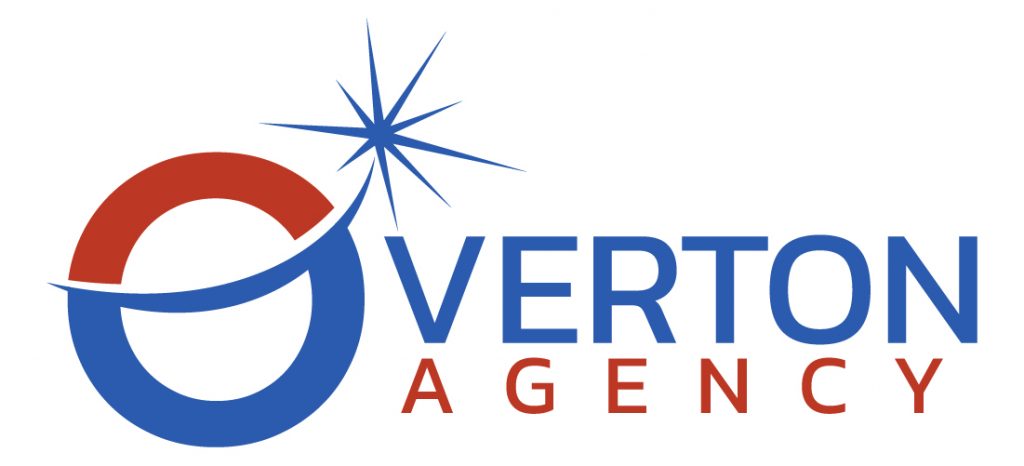Whole vs. Term
Find Out Which Type Is Right for You
Life insurance gives your loved ones financial security in case you die sooner than expected. These plans pay a death benefit to your beneficiaries, making it easy for them to temporarily replace your income and pay the bills. Though, the amount of coverage you have and how long you are covered depends on what type of policy you choose.
Before purchasing a policy, you should learn the difference between whole and term life insurance.

What Is Life Insurance?
Life insurance is an insurance contract that will provide coverage so long as you pay premiums—protecting your dependents from the financial downsides of death.
The money given to beneficiaries when you pass is called the death benefit. Death benefit amounts vary depending on the type of plan you choose and your risk level. To get the right coverage amount and policy type, work with a licensed broker like the ones at Overton Agency.
Primary Types of Life Insurance
There are two primary types of life insurance: term life and permanent life. Term plans last for a set period of time, while permanent plans last for your lifetime, as long as you pay your premiums.
Then there are are two major types of permanent life insurance. They include whole life and universal life. The main difference between these two types of coverage is that whole life premiums and benefits can’t be changed, while universal life plans allow more flexibility. In fact, you can choose to adjust your death benefits at any point, thereby lowering or increasing your premiums based on need.
Whole Life vs. Term Life
Sometimes it’s difficult to decide between whole and term life insurance. While term life insurance tends to be cheaper, this benefit comes at the cost of you losing coverage at a certain point. Once your coverage ends, you may find yourself paying significantly more to retain similar coverage at a later age.
For people who want to be covered for their entire lives, whole life just makes more sense. These plans are much cheaper at younger ages, meaning you can get in at a good price that lasts a lifetime. In the long run, this can keep you covered at lower costs than switching between term life plans every few years.
With that said, another option is to purchase a term life plan and convert it to a whole life policy once the term ends. Many insurers offer this option, so it may be worth considering.

Which Should You Choose?
We want you to find the right coverage, not just any coverage. That’s why we invite you to book a free consultation with an agent. Our team will help you figure out what type of life insurance is best for your unique situation, allowing you to get the exact coverage you need.
